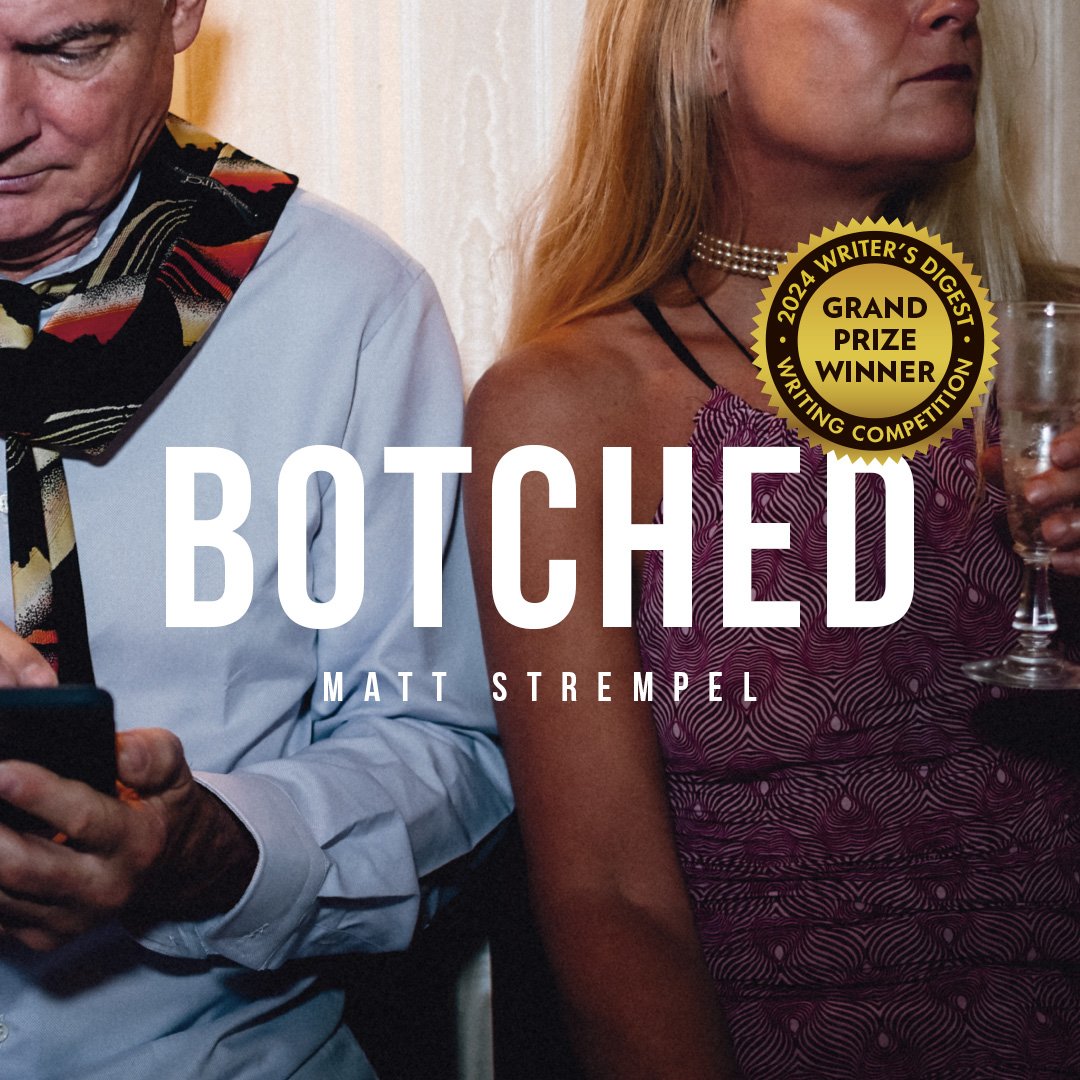LATEST NEWS | OCTOBER 2024
‘BOTCHED’ WINS WRITER’S DIGEST 93RD ANNUAL WRITING COMPETITION
Back in July, I received an email I was convinced was a hoax. It said a short story I’d submitted to the Writer’s Digest Annual Writing Competition had won the Grand Prize. Not just first place in its genre, but first place out of more than 3,500 entries across 44 countries. It then asked me for some financial details so they could pay the prize money. Red flag.
Fast forward a few months, emails with the competition admins, an interview for the magazine, an official winner’s certificate, the prize money, and as of this week I’m pretty sure it’s legit. Incredible.
You can read Botched here:
What else?
The Derailing of Douglas Jones is my second novel. It is now available for sale at Amazon, and locally at The Bowral Bookstore.
See below for more details.

“not just a mystery or a thriller; it's a profound commentary on the human condition, exploring themes of fate, morality, and the search for significance.”
- The Book Commentary
WORDS AND IMAGES
-

WORDS
A rural town stationmaster’s quiet life is thrown into chaos when his best mate is killed in a hit-and-run.
-

IMAGES
A selection of images and collections including fine art, reportage, and travel photography. Prints available by request.



